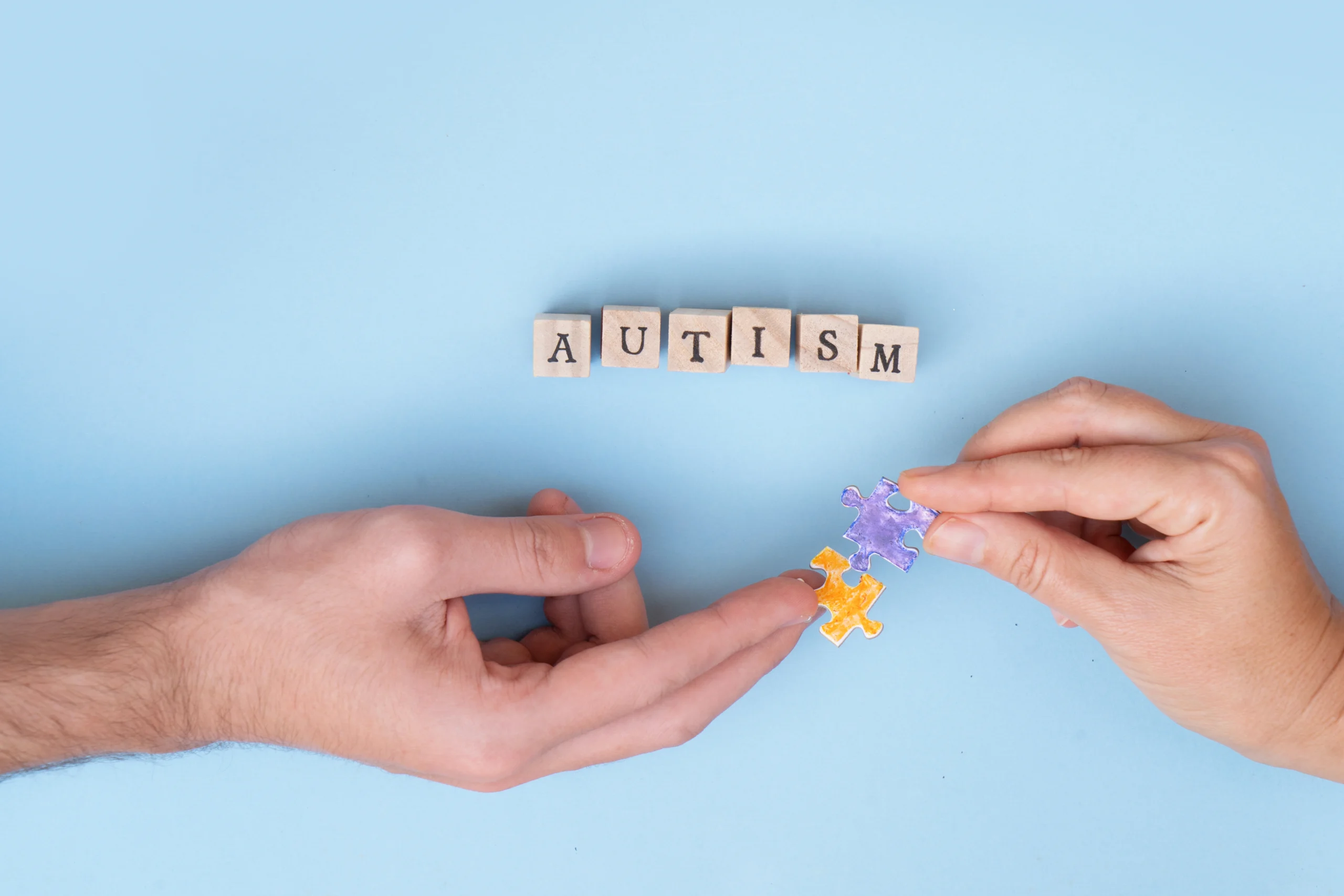Have you ever felt like everyone is hiding something or out to get you? Paranoia and extreme mistrust can creep into anyone’s life, quietly eroding relationships and emotional well-being. As a psychologist in India and therapist in Mumbai, I’ve helped clients who live with these persistent fears, whether mild or debilitating. In this post, I’ll unpack paranoia: what it is, why it develops, and practical steps to rebuild trust—grounded in science and delivered with real empathy.
1. What Is Paranoia—and Where Does It Come From?
Paranoia isn’t just “being suspicious.” It’s an intense, often unwarranted fear that others intend to harm you—emotionally, physically, or psychologically. It belongs on a spectrum: from mild unease to full-blown paranoid disorder.
Root causes may include:
- Past trauma or betrayal: Trust broken in key relationships—by parents or partners—can make you hyper-alert for future hurts.
- Anxiety and PTSD overlap: A mind that’s always on alert can misinterpret neutral cues as threats.
- Brain chemistry and cognition: Differences in processing social information contribute to exaggerated suspiciousness.
In my practice—whether during individual therapy, couples therapy mumbai, or family therapy in mumbai sessions—I often hear people say, “I can’t switch off the doubt.” That constant questioning leaves little room for ease or emotional connection.
2. Signs to Watch For
Not everyone who struggles with mistrust has a diagnosable paranoia, but certain patterns signal trouble:
- Reluctance to share personal details.
You avoid vulnerability—believing others will judge, use your information, or laugh behind your back. - Frequent questioning of motives.
Compliments feel backhanded. Small favors are seen as traps. - Excessive reassurance-seeking or distancing.
You might bulldoze loved ones with “prove you care” or recoil at emotional closeness to feel safe.
These patterns often overlap with chronic post traumatic stress disorder symptoms, anxiety, OCD, or even relationship conflict—so a thorough Online depression and anxiety test in India can help clarify if paranoia is the root cause.
3. How to Manage Paranoia & Rebuild Trust
A. Build Small Evidence of Safety
Start with tiny trust encounters:
- Tell a friend a minor worry and notice how they respond.
- Keep your word on a small promise—observe trust growing as a habit.
As group therapy sessions in Mumbai show, these micro-safeguards help retrain a mistrustful mind.
B. Challenge Negative Interpretations
When your mind whispers, “They’re judging me,” pause and ask:
- “Do I actually know?”
- “Is there any evidence?”
- “What’s the most helpful perspective?”
These techniques resemble what I guide clients through in cognitive behavior therapy in mumbai—helping us map unhelpful thoughts, and rewire compassion instead of suspicion.
C. Use Collaboration Over Confrontation
If you notice paranoia in a loved one:
- Validate feelings (“I understand that you feel unsafe…”)
- Invite dialogue (“Would you tell me what you’re worried I might do?”)
- Set boundaries (“I’m here to listen, but calling me five times destroys trust.”)
This is key in couple counselling mumbai or family therapist in mumbai sessions—modeling communication that holds both trust and care.
4. Healing Tools Based on Research
- Mindfulness & grounding techniques:
Quieting the mind reduces hypervigilance. Even 5 minutes of breath awareness builds safety. - Strengthening social networks:
Regular check-ins with trusted friends evidence that people can care—quietly, consistently. - Psychoeducation about paranoia:
Understanding how your brain may misinterpret neutral events opens the path to choosing compassion.
Conclusion
Paranoia and extreme mistrust may feel isolating—but they’re not permanent. With compassionate support—from individual therapist work to group therapy sessions in Mumbai—you can learn to question suspicion, open your heart, and take small trust-filled risks.
I’ve witnessed countless clients go from “no one gets me” to “I know I can lean on people.” That’s the power of healing.
If confusion, fear, or isolation feel too heavy, know you’re not alone—and that professional help exists. Whether through online psychologist consultation in India or local sessions, support is possible.
Follow me for more tools and insights on Instagram, Facebook, and LinkedIn as we build healthier minds together.
Practo Profile Line:
Ms. Tanu Choksi is a warm and friendly counselor and therapist, offering patient, non-judgmental, and rational solutions to personal problems.




